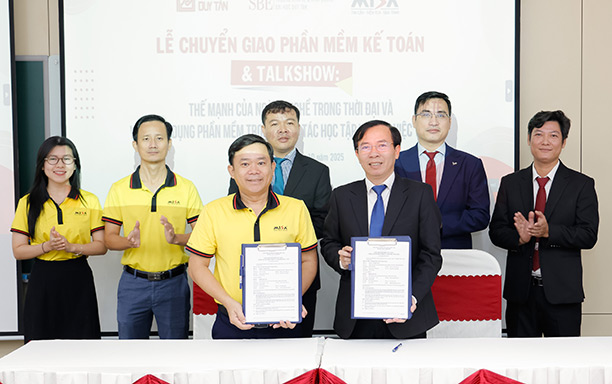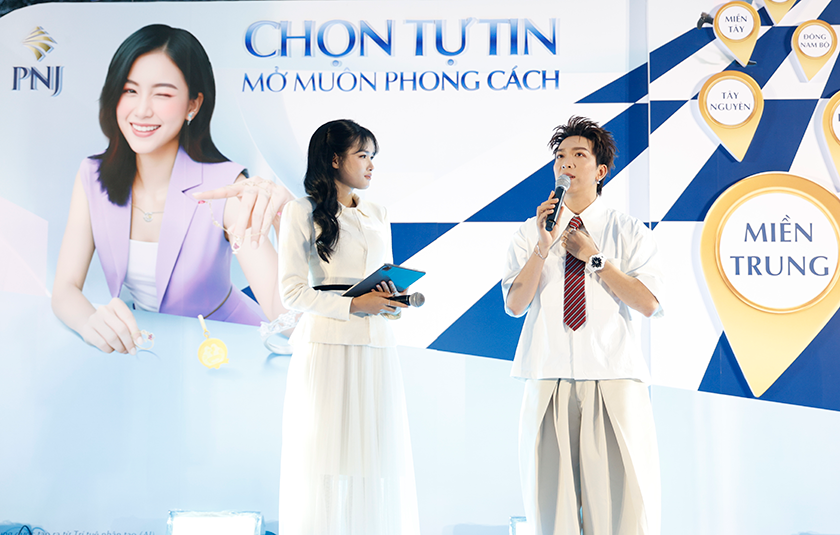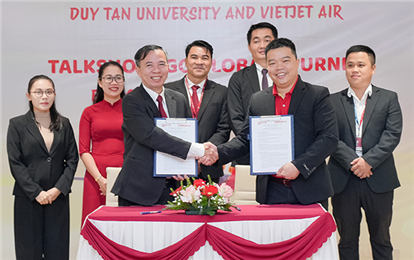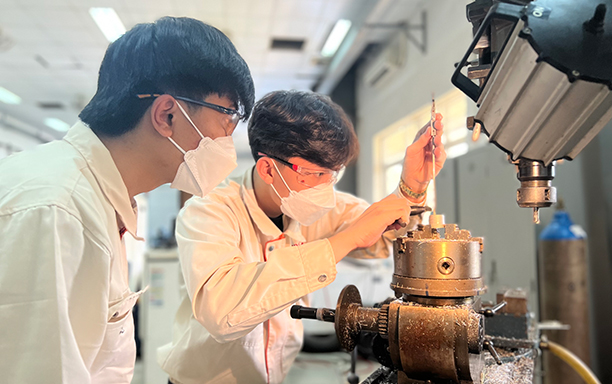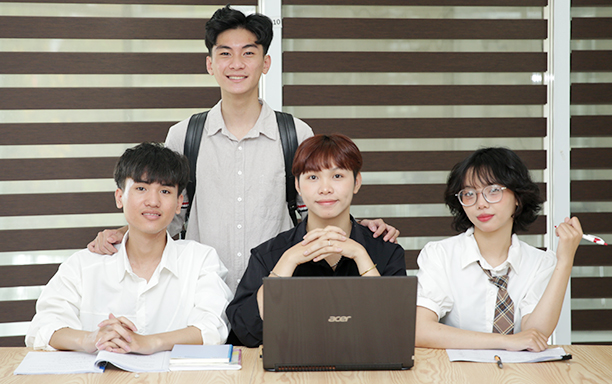Bilateral relations between Vietnam and South Korea have been developing strongly, with shared economic and cultural partnerships. The need to recruit people fluent in Korean in fields like tourism, economics, entertainment and education is ever-increasing, and it is now an ideal time to explore future career opportunities and learn about the country, the “land of kimchi”, its culture, the people and their language.
Cultural exchange week with South Korean universities
Duration: The course lasts from 3.5 to 4 years, consisting of 135 total credits.
DTU has developed Korean Language programs in:
- Korean translation and interpretation: Students are trained to become fluent in Korean; to translate and interpret; to understand the South Korean country, culture and society, particularly South Korean economics and business; have overviews of office administration, import-export and human resource management. Students can participate in field trips to local Korean businesses and study in South Korea.
- Korean for tourism: Students are trained to become fluent in Korean, to understand the South Korean country, culture and society, particularly tourism and hospitality and outbound tour operations. Students can participate in field trips to local restaurants, hotels, resorts, golf courses with South Korean players and study in South Korea.
Professional skills
- Graduates will be skilled in listening, speaking, reading and writing in Korean and in conducting Vietnamese-Korean and Korean-Vietnamese translation and interpretation tasks.
- Graduates will acquire the fluency and communications skills to discuss issues related to hospitality services and gain work experience at Korean businesses and to study in Korea.
- Have informatics skills.
- Acquire TOPIK 4 score in Korean Language, TOEIC 450 in English, HSK 2 in Chinese or N 2 in Japanese.
Employability
Fully-qualified graduates of Korean Language can work in:
- Restaurants, hotels & resorts, travel agencies, entertainment parks, South Korean supermarkets, as tour operators, tour guides, hotel managers, receptionists, customer service and as flight attendants.
- Foreign affairs departments, NGO projects and in multinational corporations as interpreters, translators, secretaries, public relations assistants and human resources staff.















